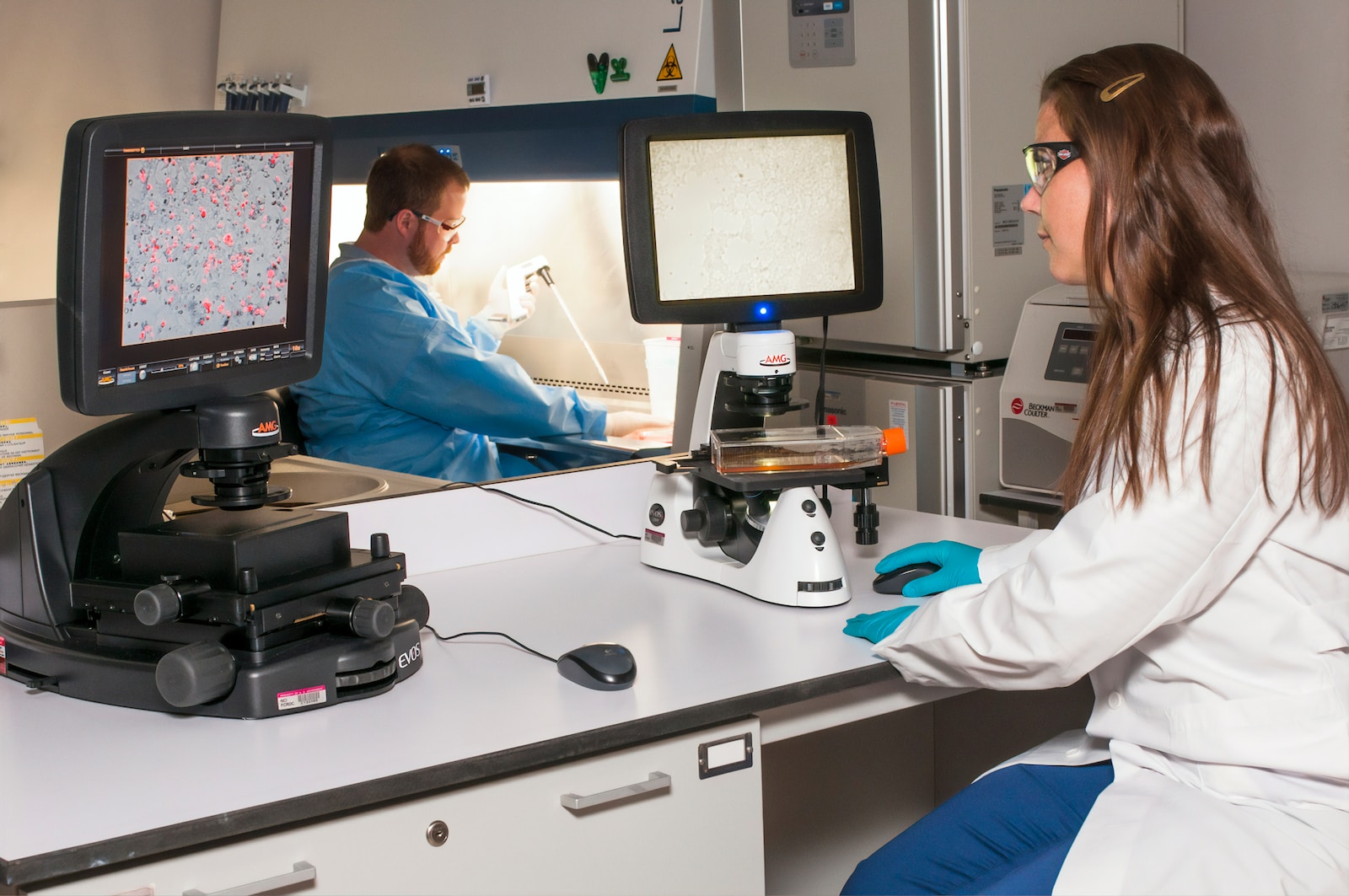![]()
Cancer is a complex disease that can be caused by a variety of factors, including genetic mutations. Genetics play an important role in the development and progression of cancer, and understanding this role is crucial for the development of effective prevention and treatment strategies. In this article, we will provide a comprehensive overview of the role of genetics in cancer.
flowchart LR subgraph Cancer A[Cancer] end subgraph Genetics B[Genetics] end subgraph "Genetic Mutations and Cancer" C[Genetic Mutations] --> D[Cancer] end subgraph "Inherited Mutations" E[Inherited Mutations] --> C end subgraph "Acquired Mutations" F[Acquired Mutations] --> C end subgraph "Genetic Testing and Cancer Risk Assessment" G[Genetic Testing] --> H[Cancer Risk Assessment] H --> I[Personalized Prevention and Treatment Strategies] end subgraph "Genetic Testing and Treatment" J[Genetic Testing] --> K[Treatment Decisions] K --> I end A --> D B --> C
Genetic Mutations and Cancer
Cancer is a disease that begins when a group of cells in the body start to grow and divide uncontrollably. These cells can form a mass of tissue called a tumor, which can be either benign (non-cancerous) or malignant (cancerous). Malignant tumors can invade nearby tissues and organs, and can also spread to other parts of the body through the bloodstream or lymphatic system.
Genetic mutations are changes in the DNA sequence that can cause cells to become cancerous. There are two main types of genetic mutations that can lead to cancer: inherited mutations and acquired mutations.
Inherited Mutations
Inherited mutations are genetic changes that are passed down from one generation to the next. These mutations can increase a person’s risk of developing certain types of cancer. For example, mutations in the BRCA1 and BRCA2 genes are known to increase the risk of breast and ovarian cancer.
Acquired Mutations
Acquired mutations are genetic changes that occur during a person’s lifetime as a result of exposure to environmental factors, such as tobacco smoke or ultraviolet radiation from the sun. These mutations can also occur as a result of errors that occur during DNA replication.
Genetic Testing and Cancer Risk Assessment
Genetic testing can be used to identify inherited mutations that increase a person’s risk of developing cancer. This type of testing is often recommended for individuals with a family history of cancer, or those who have been diagnosed with cancer at a young age.
Genetic testing can help healthcare providers develop personalized prevention and treatment strategies for individuals who are at increased risk of developing cancer. For example, individuals who have inherited mutations in the BRCA1 or BRCA2 genes may choose to undergo prophylactic surgery (such as a mastectomy or oophorectomy) to reduce their risk of developing breast or ovarian cancer.
Genetic Testing and Treatment
Genetic testing can also be used to inform treatment decisions for individuals who have been diagnosed with cancer. For example, some types of cancer (such as melanoma) have specific genetic mutations that can be targeted with precision medicine treatments.
In addition, genetic testing can be used to identify individuals who are likely to respond to certain types of chemotherapy. This can help healthcare providers develop personalized treatment plans that are tailored to the individual’s genetic profile.
Conclusion
In conclusion, genetics play a critical role in the development and progression of cancer. Understanding the role of genetics in cancer can help healthcare providers develop personalized prevention and treatment strategies that are tailored to the individual’s genetic profile. Genetic testing is an important tool that can be used to identify individuals who are at increased risk of developing cancer, as well as those who are likely to respond to certain types of treatment.

